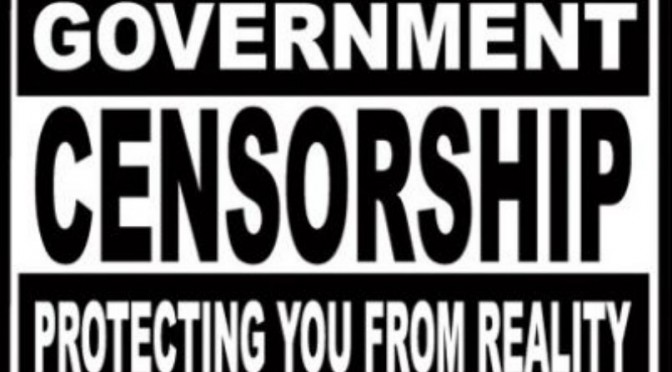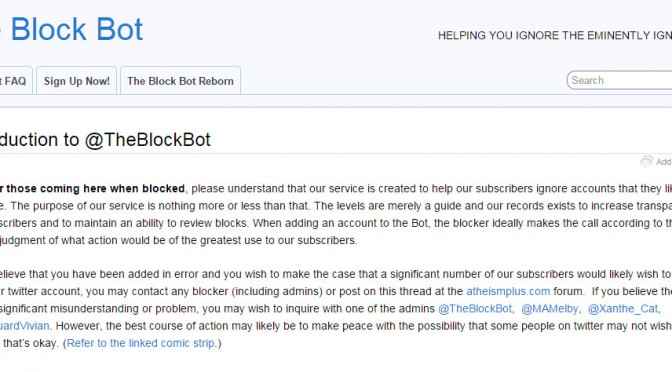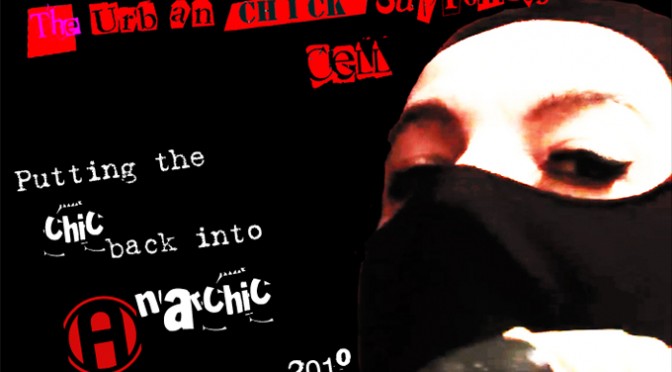Response to government consultation: “Child Safety Online: Age Verification for Pornography”
This is a response to the consultation titled “Child Safety Online: Age Verification for Pornography” dated February 2016. I am the founder of the Sex & Censorship campaign, and author of the book Porn Panic! (to be published on 26th August) which explores how recent moral panics over sex have become excuses for censorship.
Summary of Issues
There are numerous problems with the consultation document, which can be grouped into six areas:
- The chosen definition of “children” includes sexually-active young adults under 18.
- The document skilfully hides the fact that no other EU country is following the UK’s “lead” into censorship.
- The solution proposed would have no significant effect on the availability of sexual imagery.
- The evidence of harm presented is weak, cherry-picked, and ignores the strongest research, including the British government’s own research.
- Adequate tools for protecting small children already exist.
- The proposed solution would unnecessarily increase Ofcom’s censorship controls over the Internet. This is not how democratic governments are supposed to behave – especially those that lecture other nations on free expression.
Detailed Response
1 Definition of “Children”
It is customary to refer to those in the 13-17 year age group as young adults, not children. However, the government, and government regulators such as Ofcom, insist on referring to this age group as children. So the document, for example, provides the almost meaningless statement that “13% of children aged 6-14 visited an adult site in May 2015”. To talk about the behaviours of 6 year olds along with those of 14 year olds is deeply misleading: we suspect deliberately so.
We suggest that data combining small children with young adults is unsuitable for making important policy decisions and should be rejected.
2 The UK is Alone
This is far from the first UK government exercise in “protecting children from online adult content”. The UK has introduced a series of measures over more than a decade, including mobile content filters and home broadband filters. The age verification measures mentioned in this document have actually been part of UK regulation since ATVOD was established in 2010. Although we have often been told that other European countries are set to follow us, this has never happened. These measures have not been replicated anywhere else in the world. In other words, no other country sees fit to “protect its children” by introducing multiple layers of censorship.
The consultation document masks this fact, stating “It is clearly important that other nations have also been considering their own approaches to how best to protect children from potentially harmful content on the internet. However, we want to continue to lead the way.”
This statement is inaccurate. We cannot lead when no other nation is following. Going it alone is not leading. This misleading narrative hides the simple fact that no other democratic nation sees the necessity to implement expensive and draconian controls on adult content: indeed, many of the measures introduced in the UK would be unconstitutional in the United States under the first amendment, which protects free speech.
3 The Proposed Solution Would Have Little Effect
While it may succeed in changing the policies of some large, commercial content providers, the solution proposed will clearly have little to no impact on the availability of sexual material to UK consumers. As the consultation document itself points out, there are around five million adult sites in the world. Ofcom would need a huge and very expensive army of enforcers to make any dent on the availability of this material. Is this how the government intends to re-employ the estimated 40,000 people to made redundant by the collapse of the steel industry?
Alternatively, and more likely, Ofcom will come back to government in a year to point out that millions of sites are still ignoring UK law, and request further powers to block transgressors. This slippery slope of censorship is well known. Perhaps it would be better to abandon this exercise now, save time and money, and perhaps instead invest the savings in improved sex education.
4 The Evidence Offered is Weak and Cherry-Picked
The consultation document appears designed to mislead by presenting pornography as potentially harmful. In fact, not only does the growing body of research not back these claims of harm, but it in fact suggests that porn availability plays a role in reducing sexual violence. This applies especially in the case of teenagers: the very group to which the consultation aims to restrict access to sexual imagery.
The document instead cherry-picks and misrepresents the research available. Perhaps the strangest example is the following:
“There is also a question about the effect of pornography on ‘unwanted sex’ – for instance more young people are engaging in anal intercourse than ever before despite research which suggests that it is often not seen as a pleasurable activity for young women”
This is curious at several levels. The fact that some people report having anal sex, and other people report not enjoying anal sex is not evidence that anyone is being forced into anal sex as a result of pornography. Does the government really consider it its role to stop young people having anal sex? We would point out that anti-sodomy laws were removed from the British statute half a century ago and seem unlikely to return.
Most surprisingly, the document ignores the research into pornography carried out by Ofcom on behalf of the Department of Culture, Media and Sport. To remedy this omission, here are key phrases from the government’s own research.
- “There seems to be no relationship between the availability of pornography and an increase in sex crimes in other countries; in comparison there is more evidence for the opposite effect.”
- “Research with adults indicates no relationship between the commission of sex crimes and use of pornography at an early age. Again in comparison there is evidence for the opposite effect.”
To put this simply: the government’s own research suggests that restricting sexual imagery to teenagers may result in a rise in sexual violence among that age group. We call on the government to abandon these plans until strong evidence can be presented that they will not increase harm.
5 Adequate Tools for Protecting Children Already Exist
Parental controls for child access to the Internet have existed for over two decades. They are mature and effective: so much so that tablets are safely marketed for children by family brands such as Tesco. Regulators have repeatedly ignored this fact when lobbying for more Internet censorship controls.
But specialists believe that the most effective child protection tool of all is comprehensive sex education for all age groups. We therefore call on the government to broaden sex education, rather than attempt to keep teenagers ignorant of sexual matters until they are 18.
6 Take a Stand Against Censorship
The British government takes a strong stance against censorship in states like Iran and China. We agree with this position, and believe that free expression should be defended without compromise by the British government, in the absence of clear evidence of harm. It is unsurprising that Ofcom seeks to extend its already significant censorship powers; we expect our elected representatives to stand against a power grab by unelected regulators, and in favour of a free and open Internet for British citizens. We cannot lecture other countries on free expression while allowing ours to be continually eroded under the pretext of protecting children.
Jerry Barnett
Sex & Censorship


 Pornography. In this, he argues that apparently ‘liberal’ justifications for banning ‘extreme porn’ in the UK are misguided. The Sex & Censorship campaign agrees: trying to justify censorship from a liberal perspective is a contradiction in terms. Below, Nick explains his argument in brief. His full
Pornography. In this, he argues that apparently ‘liberal’ justifications for banning ‘extreme porn’ in the UK are misguided. The Sex & Censorship campaign agrees: trying to justify censorship from a liberal perspective is a contradiction in terms. Below, Nick explains his argument in brief. His full 

